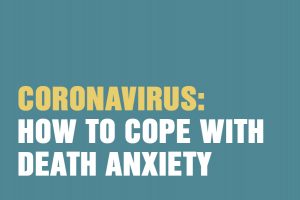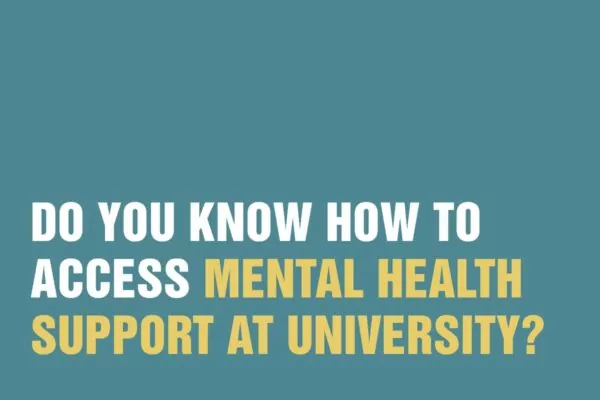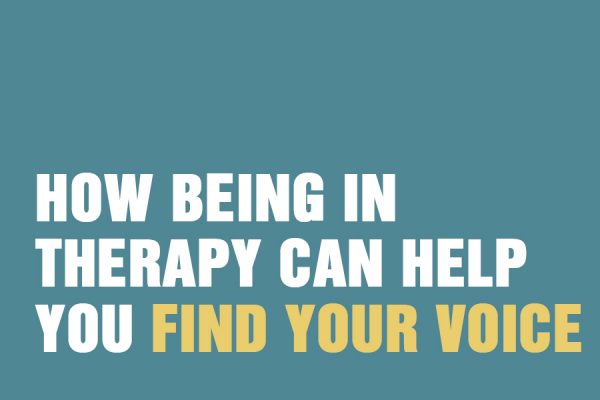Nights through dreams tell the myths forgotten by the day. Carl Jung
One of the impacts of being in quarantine during the coronavirus pandemic has been to experience more weird and wonderful dreams. Some people have reported having dreams so intense and vivid that when they wake up the dream feels real and are affecting their quality of sleep during lockdown.
Dreams are said to be a way of processing our emotional experiences as a way to regulate those emotions – especially issues and concerns we haven’t dealt with during the day – and integrating them into our sense of who we are. It’s the brain pushing us to untangle our emotional knots and to help form memories.
While no one can say for sure why dreams have become more vivid, we can imagine that it’s because we are dealing with so many new and strange emotions because of the Covid-19 situation, and our brains are trying to make sense of our anxieties and to process our stressors while we sleep.
Why is lockdown producing more vivid dreams?
Researchers have come up with different theories as to why we dream and how dreams can be linked to our mental health, which may shed some light on why the coronavirus lockdown is producing more vivid dreams:
- Peace of mind and anxiety in the waking state are related to the emotional content of dreams, says a 2018 study by Finnish researchers Sikka, Pesonen and Revonsuo. They found that the emotional experience of dreams is impacted by the level of emotional wellbeing when awake. They found that peace of mind was related to positive emotions in dreams, whereas symptoms of anxiety were related to negative emotions in dreams.
- An ongoing study by the Lyon Neuroscience Research Centre in France has found a 35% increase in people recalling their dreams during coronavirus lockdown, and 15% reporting more negative dreams. This may be due to more stress and anxiety when awake, and less activity because of being in quarantine. The brain may have less daily material to process during sleep and therefore may ‘dig deeper’ to process subconscious contents of the mind.
- Bad dreams are said to be a way of preparing people for fear in their daily lives, according to a 2019 study by Geneva University. The researchers identified areas of the brain that become activated when the person experiences fear in their dreams. The study concluded: “Once the individuals woke up, the brain areas responsible for controlling emotions responded to fear-inducing situations much more effectively. These results demonstrate that dreams help us react better to frightening situations.”
- People with depression are said to dream three times more than people who aren’t depressed, according to Rosalind D Cartwright in her book The Twenty-Four Hour Mind. She says this is because depressed people have more emotional aspects to process through their dreams – especially if they’re prone to rumination – which means they don’t always wake up refreshed.
Working with your dreams
- If you don’t already capture the content of your dreams, then you may want to start a dream journal. Ideally you would write down the dream story in a journal as soon as you wake, and before the memory slips away. Note down the images that come up in the dream and the main emotion you were experiencing in the dream.
- We don’t recommend using a dream dictionary to look up the meaning of your dreams, because your emotional experience and the imagery from your dreams will be unique to you and therefore not definable by an external source. Dream images aren’t literal.
- Think about which image from your dream has the most ‘charge’. Write down all the things you associate with that image. Consider how the qualities or associations with that image relate to what’s happening in your life right now. Consider what the central message of the dream might be for you.
- Carl Jung said that dream images represent parts of ourselves. To engage further with the images that have come up in your dreams, you can try ‘speaking’ as the different characters or objects in your dream. Stay curious and be open to what might come up.
If you’re curious about working with your dreams to help access and understand them and how they might be relevant to your personal growth – and if you feel you could benefit from psychological support during these challenging times – then do get in touch with us. We offer counselling and psychotherapy sessions online and by phone. Call us on 020 8673 4545 or email [email protected].







